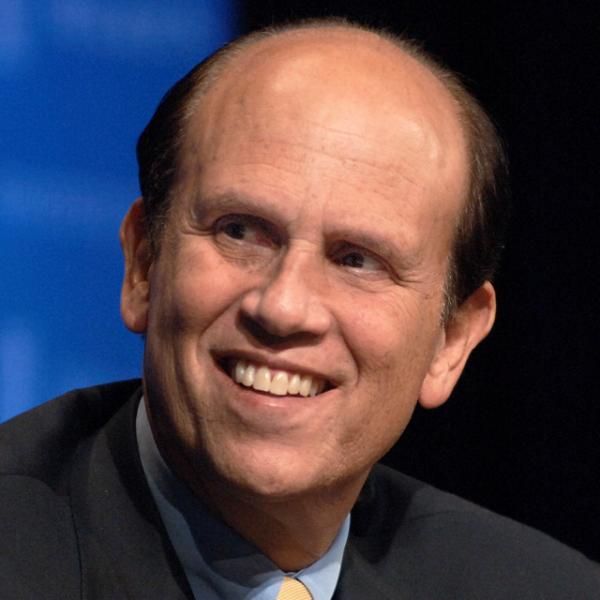Comment Letter
Comment Letter
Clarity for Payment Stablecoins Act Discussion Draft
Log in or create a free account to download
Download Summary
The Honorable Bill Hagerty
United States Senate
Washington, DC 20510
Dear Senator Hagerty,
We thank you for the opportunity to provide feedback on your discussion draft of the Clarity for Payment Stablecoins Act of 2024. We commend your efforts to bring regulatory clarity to the rapidly evolving digital asset space, particularly concerning stablecoins. As of today, the US dollar-denominated stablecoin market is $176.46 billion, and stablecoins are taking on an increasingly important role in global payment settlements and remittances. As stakeholders deeply invested in advancing financial technology, we appreciate your leadership in addressing this critical aspect of the modern financial system.
We offer the following recommendations for your consideration. Please note that our comments were made in consultation with our FinTech Advisory Council members.
Regulation, Supervision, and Enforcement of Stablecoins
We welcome continued discussion on the appropriate regulator for stablecoin supervision. Stablecoins share many of the same characteristics as money market funds and depository institutions, which will require a nuanced approach to designating an appropriate regulator for the asset class.
We recognize that the Federal Reserve is pivotal in regulating national payment systems and overseeing cross-border settlements. Its expertise uniquely positions it to supervise emerging payment systems like stablecoins. While the Office of the Comptroller of the Currency (OCC) has significant experience regulating banks and federal savings associations, it may not fully capture the broader payments and settlement functions that stablecoins entail. Incorporating the Federal Reserve's oversight can enhance the regulatory framework's effectiveness by leveraging its established expertise in payments and settlements.
National Security and Sovereignty Considerations
Ensuring that US dollar-denominated stablecoin issuers adhere to the same financial and anti-money laundering (AML) standards as US companies is paramount for national security and sovereignty. The current draft applies AML and prudential requirements only to issuers offering stablecoins to persons in the US. This creates a dual standard that could disadvantage US firms and potentially foster an offshore digital market beyond the reach of US regulators. Such a market could become a haven for illicit activities denominated in US dollars. We recommend extending regulatory requirements to all USD stablecoin issuers, regardless of their target market, to prevent the emergence of such vulnerabilities.
This bill has the opportunity to be the standard-setter for the protection and quality of US dollar-denominated stablecoin, in the same way that the European Union’s Markets in Crypto Assets provision has established rules for the euro-denominated stablecoin.
Federal and State Regulatory Frameworks
The bill sets a significant precedent by overlaying the dual banking system's standards onto the stablecoin market. Allowing issuers with assets under $10 billion to operate under state-led approaches fosters innovation and competition. As stablecoins grow in significance and reach, applying a federal standard ensures consistent consumer protection nationwide. This approach mirrors the application of certain consumer protections under the Dodd-Frank Act for banks exceeding $10 billion in assets. We support this tiered regulatory framework as it balances innovation with the need for robust consumer safeguards.
Conclusion
We believe that a well-crafted regulatory framework for stablecoins is essential for fostering innovation while safeguarding the financial system's integrity. We appreciate your dedication to advancing the fundamental principles of a comprehensive and bipartisan stablecoin framework and look forward to working with both the Senate and House to develop an effective regulatory regime for this important issue.
Thank you for considering our comments.
Sincerely,
Nicole Valentine
Director, FinTech, Milken Institute
Maxwell DeGregorio
Associate, FinTech, Milken Institute
Michael Piwowar
Executive Vice President of Finance, Milken Institute
Log in or create a free account to download
Download Summary

















